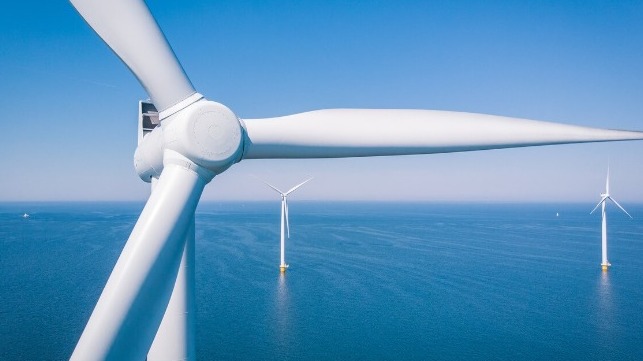Japan Plans to Expand Wind Farms Further Offshore, Into its EEZ

With Japan looking to install massive offshore wind capacity, the government plans to expand the sea area where turbines are allowed to be set up. This is contained in a proposed amendment by the Cabinet Office, which will see sites approved for offshore wind development extending beyond the territorial waters to the much larger exclusive economic zone (EEZ).
With the sixth largest EEZ in the world, spanning 1.3 million square nautical miles, Japan’s proposed amendment is likely to open as much as 10 times the area dedicated for offshore wind. According to estimates by the Japan Wind Power Association, offshore wind capacity could rise to 3.5 times that of land-based projects if expansion into the EEZ is approved. The bill containing the amendment could be submitted to the legislature by early next month.
Another notable change in the bill is the plan to establish a longer and more participatory approval process for EEZ projects. There will be a two-step approach in the approval process. First, companies will be submitting their installation plans to the government in order to get provisional approvals. Then, the winning bidder will be partnering with the government to set up a discussion forum with experts, local fishing groups and other players, specifically on matters pertaining to environmental impact.
It is only after gaining stakeholders’ consent that the government will be issuing final project approval. The two-step approval approach intends to get the private sector engaged with local interests early on. Under the current law for projects in territorial waters, the government takes the lead for securing consent from locals.
While wind farms in territorial waters are usually fixed-bottom, Japan’s move to the EEZ is likely to spur an uptick in floating wind facilities.
In line with its decarbonization goals, Japan has recognized wind power as a critical energy source. The country aims to deploy 10 GW of offshore wind capacity by 2030 and 30-45 GW by 2040.
